Lord Ayyappa
Lord Ayyappa, a revered deity in Hinduism, is primarily worshipped in the southern state of Kerala, India.He is the son of Shiva and Mohini (an avatar of Vishnu) and is often associated with the Sabarimala temple, a significant pilgrimage site that attracts millions of devotees annually, especially during the mandalam season (Dec-Jan). Ayyappa is known for his teachings on dharma and spiritual discipline, and his followers often observe strict vows and rituals as part of their devotion.
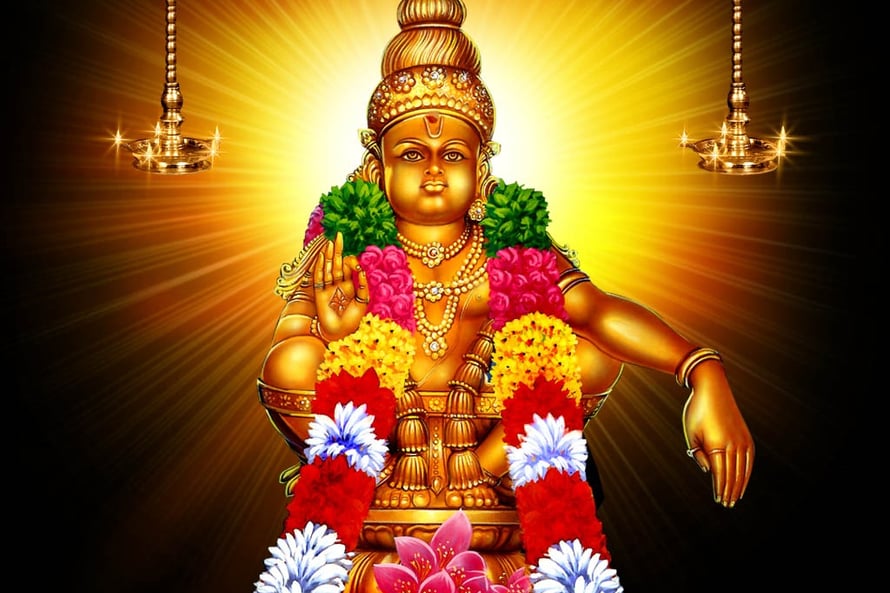

Ayyappa Pooja
Ayyappa Pooja is a Hindu ritual dedicated to Lord Ayyappa, traditionally performed during the festival season, especially around the pilgrimage to Sabarimala in Kerala. It involves various ceremonies and rituals including offerings of prayers, lighted lamps (nilavilakku), and singing of devotional songs. Many devotees undertake a period of austerity known as "vratham," which includes observing fasting and celibacy before making the pilgrimage, often culminating in a visit to the Sabarimala temple.
Sabarimala is a renowned pilgrimage site located in the Western Ghats of Kerala, India, dedicated to the Hindu deity Ayyappa. Known for its unique traditions and strict rituals, the temple attracts millions of devotees each year, especially during the annual Mandalakkalappam festival from November to January. The pilgrimage is characterized by a rigorous 41-day vow, including abstinence and fasting, with many devotees trekking through challenging terrain to reach the temple nestled in the hills.
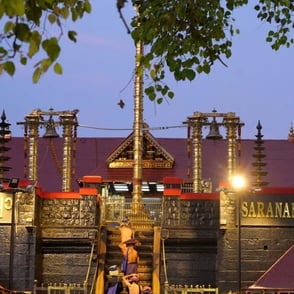
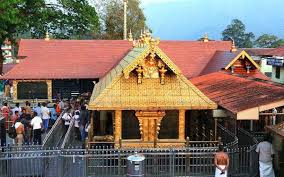
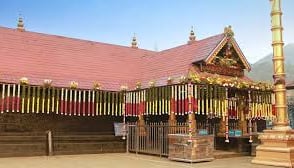
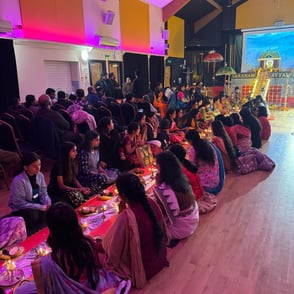
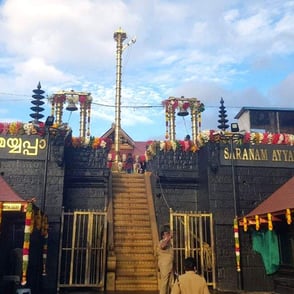
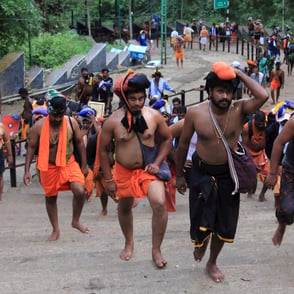
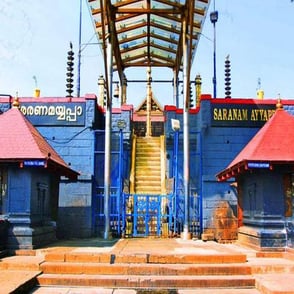
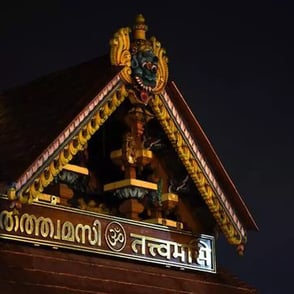
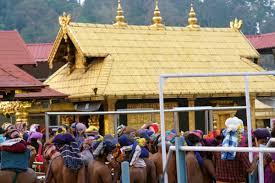

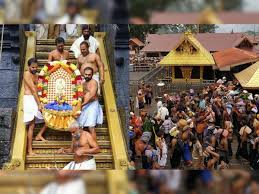
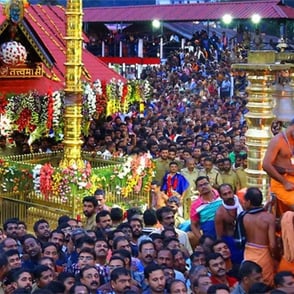
Significance
Ayyappa Pooja is a spiritual practice dedicated to Lord Ayyappa, celebrated primarily in South India, especially during the pilgrimage to Sabarimala. The spiritual blessings of Ayyappa Pooja include the purification of the mind and body, fostering devotion and self-discipline, and promoting inner peace and harmony. Devotees believe that observance of rituals, such as fasting and adherence to strict codes of conduct, helps in overcoming obstacles and gaining divine grace. The pooja is also thought to strengthen community bonds among devotees, providing a sense of belonging and shared faith, ultimately guiding individuals in their spiritual journey towards enlightenment.





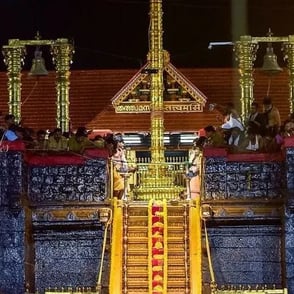
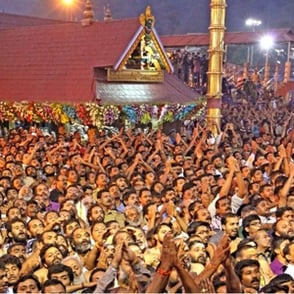
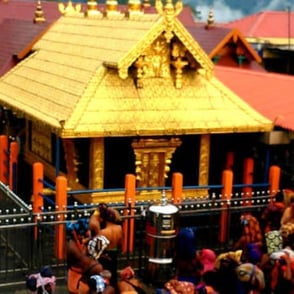
Customs & Rituals


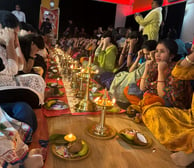



Sankalppam
Refers to a resolution or a commitment in the context of Indian traditions, particularly in Hindu rituals and spiritual practices. It often involves the formulation of a vow or intention before commencing a religious ceremony or undertaking a personal goal, symbolizing dedication and focus toward achieving one's aims. This practice is considered a means to align one's thoughts and actions with a higher purpose, fostering mindfulness in the process.
Swami Pravesham
Refers to the ceremony or event marking the formal entry or initiation of a spiritual leader (swami) into a monastery or a spiritual order. It often involves rituals, prayers, and communal gatherings, celebrating the swami's commitment to a life of service, spiritual practice, and guidance for others in their community. The specifics may vary depending on the traditions and customs of the particular sect or organization.
Bhajan
Refers to devotional songs or chants in the Hindu tradition, typically expressing love and reverence for deities. These songs are often sung in groups during religious gatherings, festivals, or personal worship, serving not only as a means of expressing devotion but also fostering community and spiritual connection among participants. The melodies and lyrics can vary widely, reflecting regional and cultural influences, and they often invoke a sense of peace and spirituality.
Annadhanam
practice of offering free meals to those in need, often seen as a form of charity in Hindu culture. It is considered a noble act by many, emphasizing the importance of sharing food and alleviating hunger, particularly during religious ceremonies, festivals, or community events. This tradition is rooted in the belief that providing food is a sacred responsibility and a way to earn spiritual merit.
Prasadam
Food offered to deities during religious ceremonies, particularly in Hinduism, and is later distributed to devotees as a blessed offering. It symbolizes the sharing of divine grace and is often considered spiritually purifying. The offerings can vary widely, including fruits, sweets, and cooked dishes, and are typically prepared with care and devotion, reflecting the beliefs and customs of the community. Consuming prasadam is believed to bring blessings and benefits to the worshippers.

Devotional Experience
Join our community to celebrate faith and spiritual awakening together.
Participating in the Ayyappa Pooja was a transformative experience for me.
Sini Krishna
Southampton
The pilgrimage to Sabarimala and the rituals truly deepened my connection to Lord Ayyappa.
Gopika Sooraj
Andover
★★★★★
★★★★★
★★★★★
Awesome Experience
Sooraj Manju
Andover
It was grand with a good mix of heritage,culture and bhajans
★★★★★
Remya
Southampton




